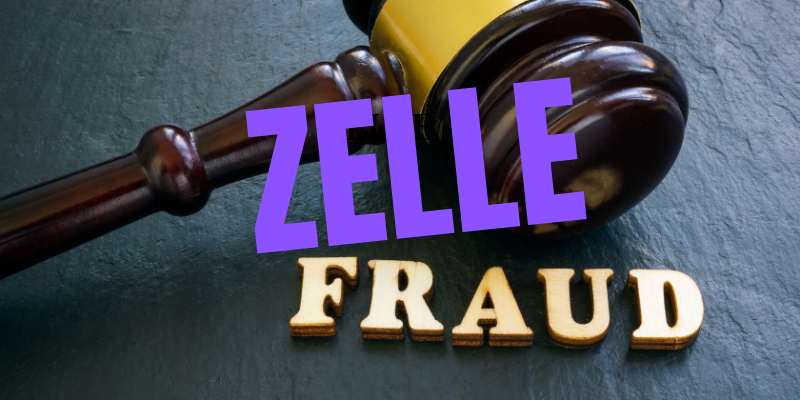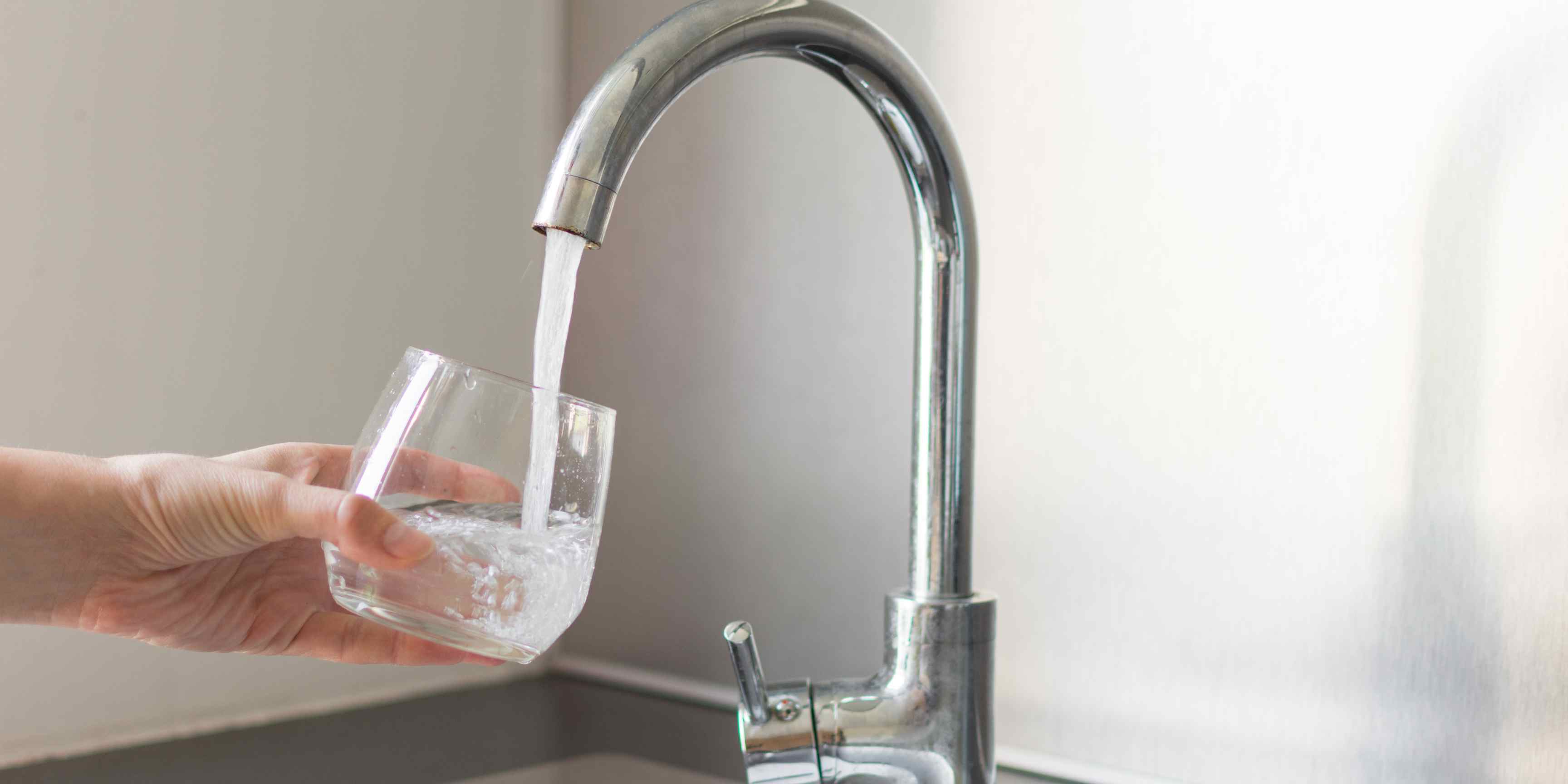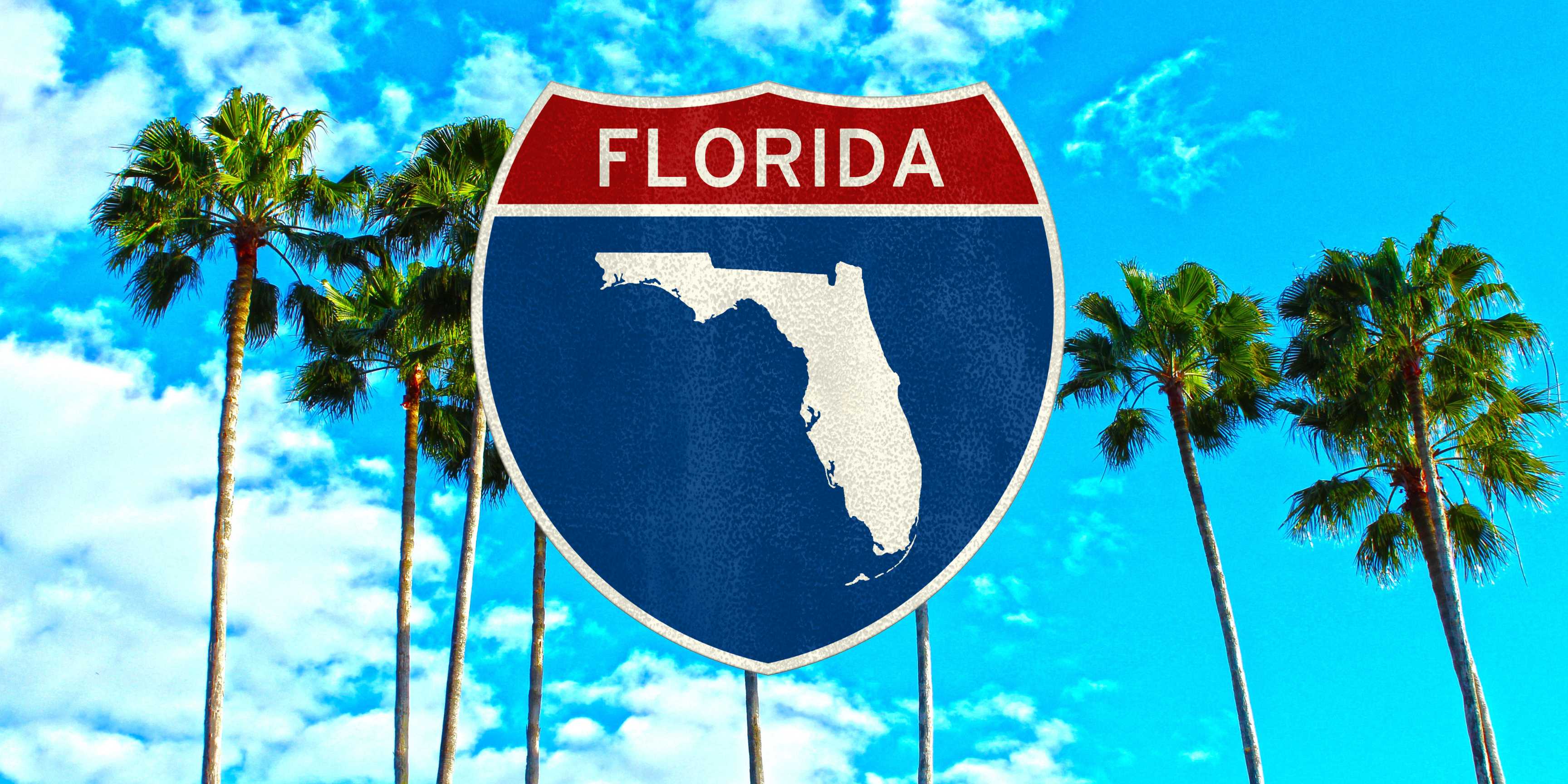
Zelle Under Fire For Not Protecting Customers For Fraud Scams
Palm Coast Local
You've likely heard of Zelle and might have even used it. Zelle is the largest peer-to-peer (P2P) money transfer app, enabling instant transfers between individuals or bank accounts. However, you might not know who owns Zelle, the extent of fraud associated with it, and why users have limited protection when money is stolen. Zelle is owned by Early Warning Services, a financial tech firm and consumer reporting agency co-owned by seven major U.S. banks: Bank of America, Capital One, Chase, PNC, Truist, U.S. Bank, and Wells Fargo.
Recently, Zelle has come under scrutiny from the US Supreme Court, which is seeking answers on why consumers aren't better protected from fraud and scams. To understand Zelle better, it’s essential to note that Zelle transfers are not wire transfers. While both can deliver money within minutes, wire transfers use a separate network, often have high fees, and are meant for large amounts, like a home purchase. In contrast, Zelle transfers are typically free and have limits on transfer amounts. Other P2P apps like CashApp and Venmo are also intended for smaller person-to-person transfers.
In recent years, scammers have increasingly exploited Zelle, knowing that it lacks robust policies to deter fraud. This has left consumers vulnerable, with little recourse if money is stolen from their account, fraud occurs, or they are tricked by someone impersonating a bank representative.
Last week, during a hearing of the Senate Committee on Homeland Security & Governmental Affairs’ Permanent Subcommittee on Investigations, consumer advocates called on Zelle to improve its fraud and scam reimbursement policies. Delicia Hand, a senior director at Consumer Reports, urged Zelle to centralize its fraud and scam reporting process, which is currently divided between the consumer's bank and Zelle, operated by the bank-backed Early Warning Services. National Consumers League Vice President John Breyault highlighted the scale of fraud on the Zelle platform, estimating that total fraud rates on Zelle could exceed one billion dollars annually by next year.
“More needs to be done to assist individuals who have fallen victim to scams that trick them into sending money to another user,” Johnson emphasized. “Banks require more incentives to invest in secure systems for peer-to-peer payments.”
Scottsdale, Arizona-based Early Warning Services, which operates Zelle, has faced scrutiny from lawmakers, including Sen. Elizabeth Warren (D-MA). Following a March 2022 New York Times report highlighting the prevalence of scams on Zelle, Warren, a member of the Senate Committee on Banking, Housing, and Urban Affairs, opened an investigation into the P2P payment service. This investigation collected fraud data from major banks and resulted in an October 2022 staff report revealing that fraud was rampant and growing on Zelle, with banks failing to repay most victims.
In February, Warren and two other Democratic senators wrote an open letter to Cameron Fowler, CEO of Early Warning Services, urging the company to clarify and simplify its reimbursement policy for Zelle users.
Despite claims from an Early Warning Services spokesperson that "less than one-tenth of one percent (.1%) of transactions are reported as fraud or scams, making Zelle one of the safest ways for consumers to pay people they know and trust," consumer advocates remain skeptical. John Breyault, National Consumers League Vice President, testified that fraud is significantly underreported. He cited a 2023 Federal Trade Commission report estimating annual fraud losses in 2022 at around $137.4 billion, compared to the $10 billion reported by consumers.
Delicia Hand, a senior director at Consumer Reports, also questioned the validity of EWS's figures in a recent interview. "If fraud truly accounts for just 0.1% of transactions, then surely the major banks that own Zelle could collaborate to find an industry-wide solution."
Sen. Richard Blumenthal (D-CT) noted during the hearing that a small group of banks were responsible for most Zelle payments. "Just three banks—JPMorgan Chase, Bank of America, and Wells Fargo—handled 73% of all Zelle transactions in 2023," Blumenthal stated. "Customers of these three banks submitted claims for $456 million lost to scams and fraud on Zelle in 2022 alone, with only a fraction, $341 million, repaid. More than two-thirds of these losses were never reimbursed by the banks."
One significant challenge is that current law does not protect consumers who authorize payments, even in cases of scams. Attorney Stephanie Tatar testified that because consumers authorize the payments, there is no remedy under the Electronic Funds Transfer Act (EFTA), and banks are not obligated to credit the consumer’s account.
Zelle has made some efforts to address these concerns. In a statement, Zelle announced, “As of June 30, 2023, we expanded our network operating rules to require all participating financial institutions to reimburse consumers for certain qualifying imposter scams. This consumer benefit for reimbursement of certain authorized payments (scams) is unique to Zelle and goes beyond legal and regulatory requirements.”
Lawmakers are considering extending legal protections with the “Protecting Consumers From Payment Scams Act,” introduced in discussion draft format by congress member Maxine Waters (D-CA). This bill would expand the definition of “unauthorized electronic fund transfer” in the EFTA to cover fraudulently induced payments, addressing fraud across all payment platforms covered by EFTA, including P2P apps.
The subcommittee plans to hear directly from Zelle and major banks about their handling of fraud and scams. Blumenthal indicated conflicting dates for the hearing, initially suggesting it would occur in June, later correcting to July. “We have invited Zelle and the three largest banks to appear,” Sen. Blumenthal said. “It’s an ongoing investigation. Hopefully, the banks will cooperate.”
Do you believe better regulation is required, and Banks should be held to a higher standard to protect their customers?
{ampz:share-now}






